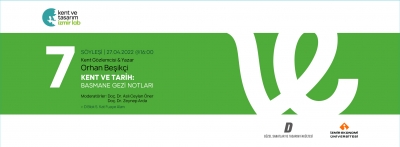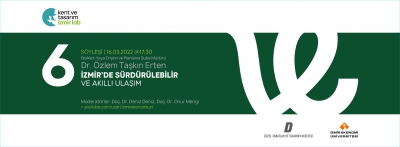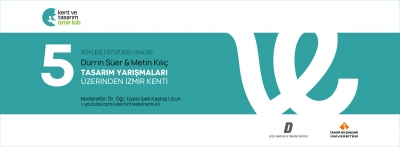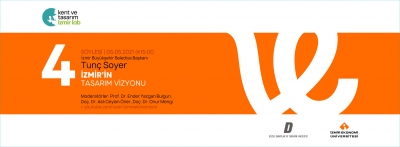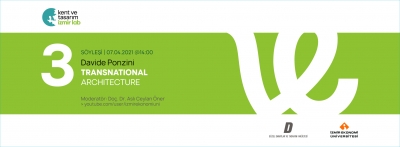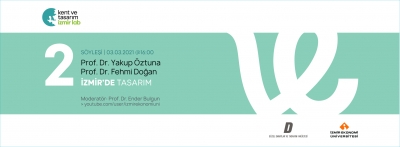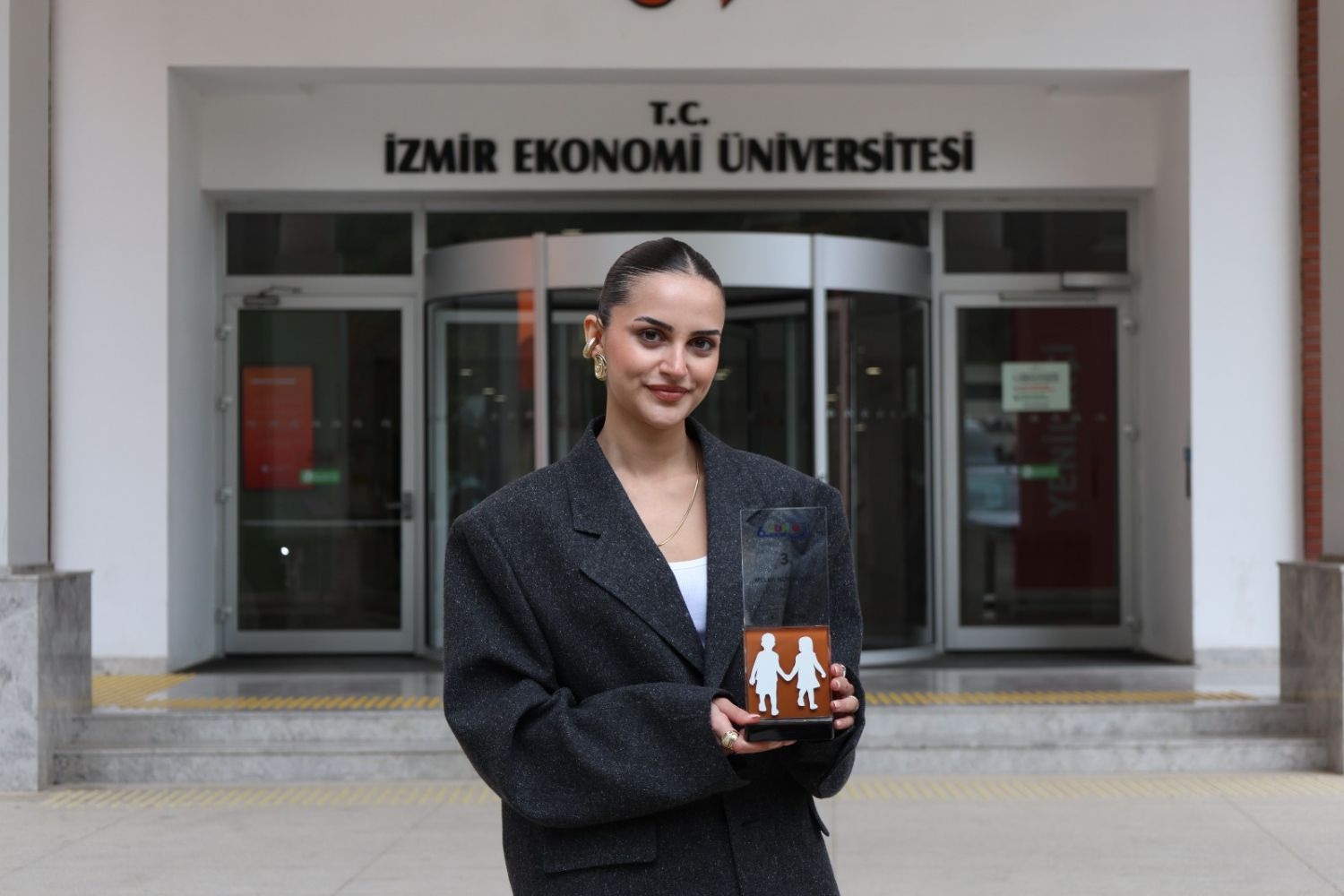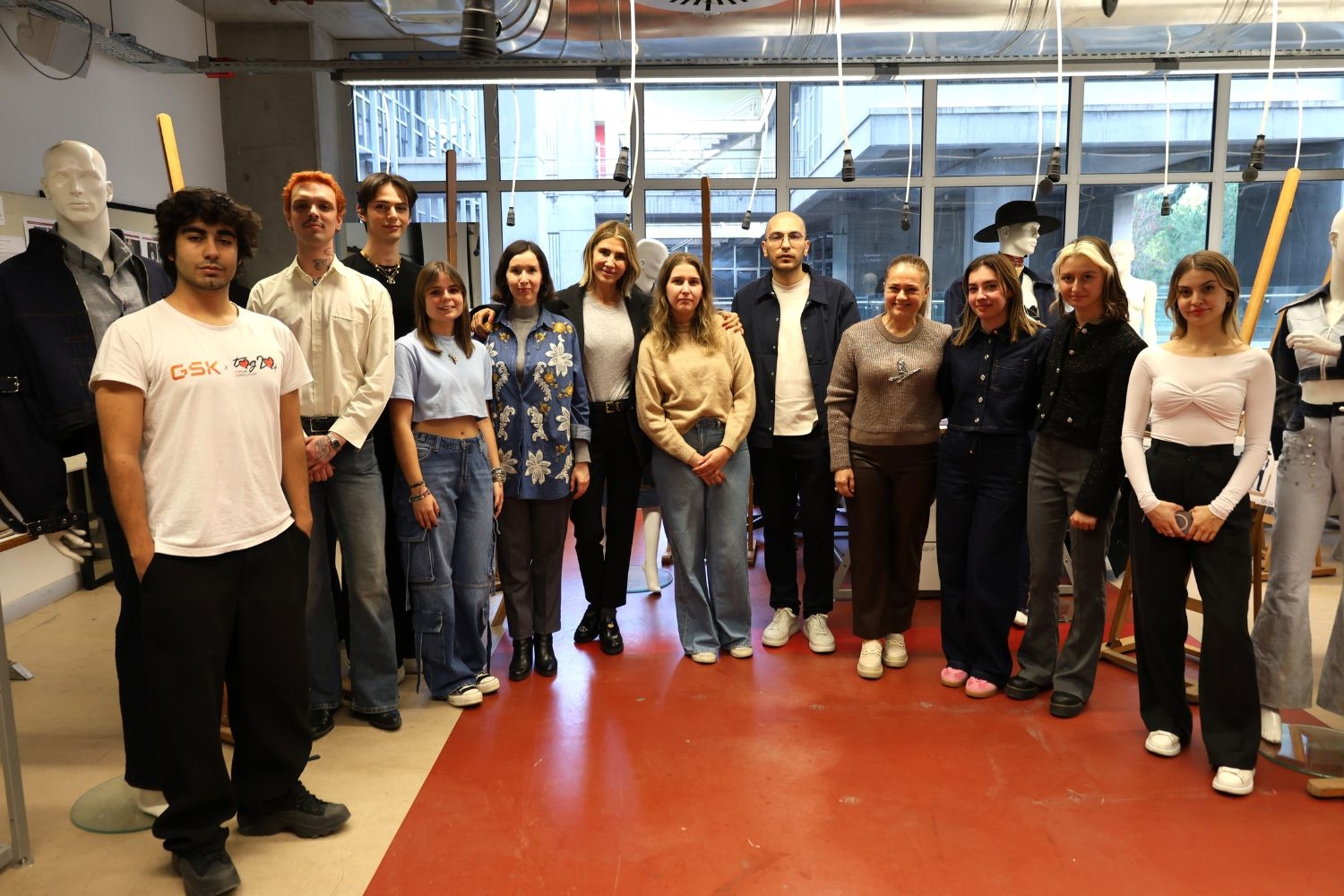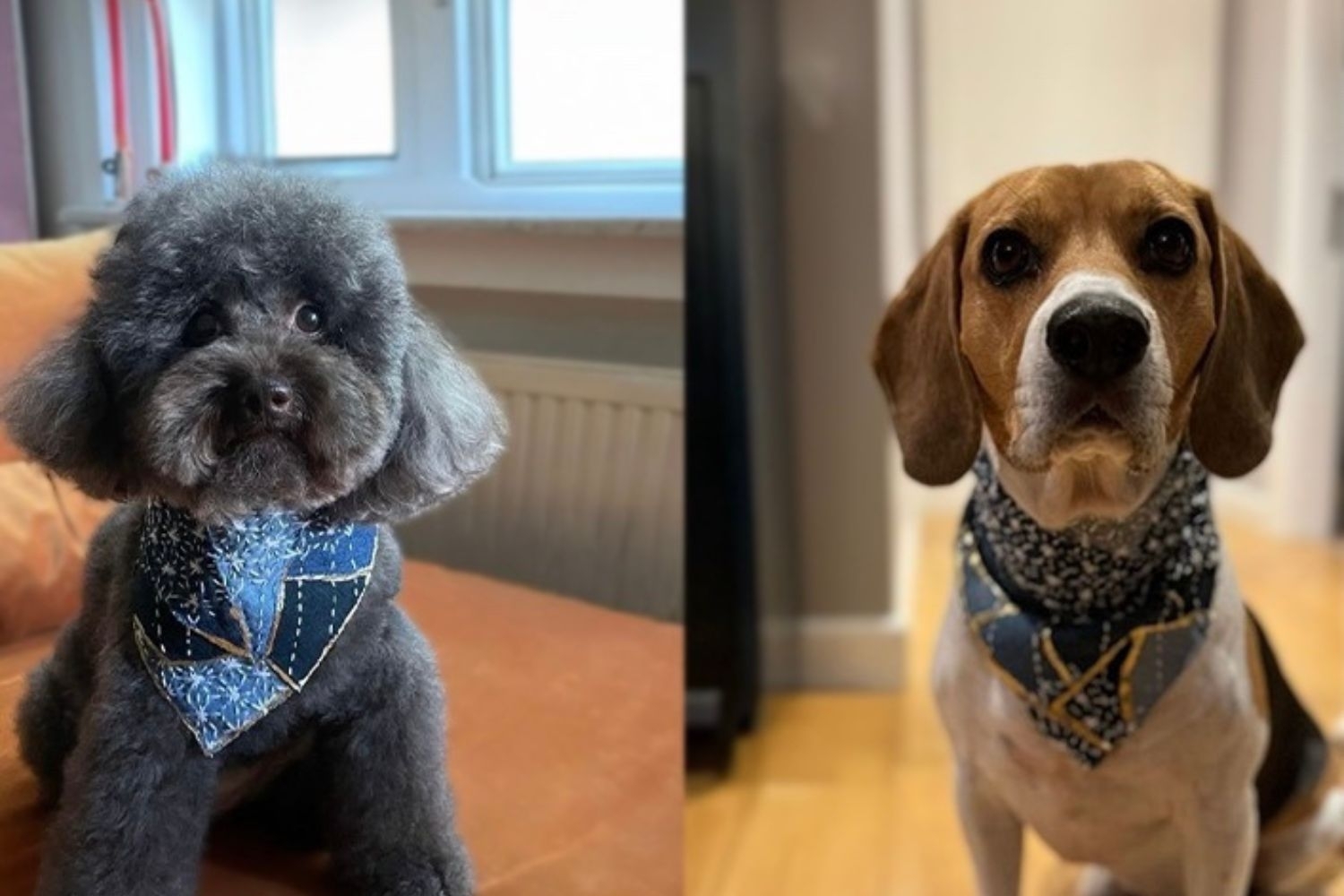FACULTY OF FINE ARTS AND DESIGN
Department of Textile and Fashion DesignFA 423 | Course Introduction and Application Information
| Course Name |
Innovations in Fashion Products and Technologies
|
|
Code
|
Semester
|
Theory
(hour/week) |
Application/Lab
(hour/week) |
Local Credits
|
ECTS
|
|
FA 423
|
Fall/Spring
|
2
|
2
|
3
|
4
|
| Prerequisites |
None
|
|||||
| Course Language |
English
|
|||||
| Course Type |
Elective
|
|||||
| Course Level |
First Cycle
|
|||||
| Mode of Delivery | - | |||||
| Teaching Methods and Techniques of the Course | Group WorkProblem SolvingCritical feedbackLecture / Presentation | |||||
| National Occupation Classification | - | |||||
| Course Coordinator | ||||||
| Course Lecturer(s) | ||||||
| Assistant(s) | - | |||||
| Course Objectives | The main objective of this course is to discuss the innovations and the new developments in fashion products, materials and technologies and investigate the intersection of design, fashion, science, technology and innovation management. |
| Learning Outcomes |
The students who succeeded in this course;
|
| Course Description | This course provides an understanding to relate fashion design discipline knowledge with innovative design, material and production techniques of today and of tomorrow. Contemporary functional and social clothing needs are investigated in order to conceptualize new design scenarios to fulfill these needs as wearable art forms or actual functional design solutions. |
| Related Sustainable Development Goals |
|
|
Core Courses | |
| Major Area Courses | ||
| Supportive Courses |
X
|
|
| Media and Management Skills Courses | ||
| Transferable Skill Courses |
WEEKLY SUBJECTS AND RELATED PREPARATION STUDIES
| Week | Subjects | Related Preparation |
| 1 | Introduction to the course Understanding the concept of innovation | |
| 2 | Fashionable Technology: Theoretical Discourse | Seymour, S. (2009), “Fashionable Technology”, Springer-Verlag/Wien. Chapter 1, pp12-25 |
| 3 | Innovations in materials, processes and technologies related with fashion products | Seymour, S. (2009), “Fashionable Technology”, Springer-Verlag/Wien. Chapter 1, pp26-92 |
| 4 | Field Trip | O’Mahony, M. Braddock, E.(2002), Sportstech: Revolutionary Fabrics, Fashion and Design, Thames & Hudson Ltd., Chapter 4, pp.132-175. |
| 5 | Studio work: Student research on innovative textile/fashion design studies for project preparation | Clarke, S., Mahony, M. (2008), “Techno Textiles 2: Revolutionary Fabrics for Fashion and Design”, Thames & Hudson. ISBN.9780500286845 |
| 6 | Studio work: Student research on innovative textile/fashion design studies for project preparation | Clarke, S., Mahony, M. (2008), “Techno Textiles 2: Revolutionary Fabrics for Fashion and Design”, Thames & Hudson. ISBN.9780500286845 |
| 7 | Field Trip / Seminar | Quinn, B. (2010), “Textile Futures”, Berg Publications. ISBN: 9781845208073, Chapter 5, pp.109-140. |
| 8 | Workshop | Packhchyan, S.(2008), Fashioning Technology, Make:Books. Chapters 1-2, pp.3-45 |
| 9 | Workshop | Packhchyan, S.(2008), Fashioning Technology, Make:Books. Chapters 1-2, pp.3-45 |
| 10 | Field Trip / Seminar | |
| 11 | Design research for innovative fashion design products/techniques | Udale, J. (2006), “The Fundamentals of Fashion Design”, Ava Publishing. Chapter 1. Pages 12-54 |
| 12 | Developing a concept for innovative fashion design scenarios | Udale, J. (2006), “The Fundamentals of Fashion Design”, Ava Publishing. Chapter 1. Pages 12-54 |
| 13 | Developing a collection | Udale, J. (2006), “The Fundamentals of Fashion Design”, Ava Publishing. Chapter 4. Pages 110-126 |
| 14 | Garment production | Udale, J. (2006), “The Fundamentals of Fashion Design”, Ava Publishing. Chapter 3. Pages 71-82 |
| 15 | Review | |
| 16 | Presentations |
| Course Notes/Textbooks | |
| Suggested Readings/Materials | Colchester, C. (2007), “Textiles today: A global survey of trends and traditions”, Thames & Hudson. ISBN: 978-0500288030 Clarke, S., Mahony, M. (2008), “Techno Textiles 2: Revolutionary Fabrics for Fashion and Design”, Thames & Hudson. ISBN.9780500286845 Guerrero, J. A.. (2009), New Fashion and Design Technologies, A&C Black Publishers, ISBN:9781408123812. Loschek, I. (2009), “When Clothes Become Fashion: Design and Innovation Systems”, Berg Publications. ISBN: 978-1847883674 McKelvey, K. Munslow,J. (2003), “Fashion Design: Process, Innovation and Practice”, Wiley-Blackwell Publications. 978-0470655771 O’Mahony, M. Braddock, E.(2002), Sportstech: Revolutionary Fabrics, Fashion and Design, Thames & Hudson Ltd., ISBN:0500510865 Packhchyan, S. (2008), “Fashioning Technology, a DIY Intro to Smart Crafting”, Dale Dougherty. ISBN:0596514379 Quinn, B. (2010), “Textile Futures”, Berg Publications. ISBN: 9781845208073 Quinn, B.(2007), “Techno Fashion”, Berg Publications. 978-1859735992 Seymour, S. (2009), “Fashionable Technology”, Springer-Verlag/Wien. ISBN:9783211795910 Seymour, S. (2010), “Functional Aesthetics: Visions in Fashionable Technology”, Springer-Verlag. ISBN: 9783709103128 |
EVALUATION SYSTEM
| Semester Activities | Number | Weigthing |
| Participation | ||
| Laboratory / Application | ||
| Field Work |
1
|
30
|
| Quizzes / Studio Critiques |
1
|
20
|
| Portfolio | ||
| Homework / Assignments | ||
| Presentation / Jury |
1
|
20
|
| Project |
1
|
30
|
| Seminar / Workshop | ||
| Oral Exams | ||
| Midterm | ||
| Final Exam | ||
| Total |
| Weighting of Semester Activities on the Final Grade |
4
|
100
|
| Weighting of End-of-Semester Activities on the Final Grade | ||
| Total |
ECTS / WORKLOAD TABLE
| Semester Activities | Number | Duration (Hours) | Workload |
|---|---|---|---|
| Theoretical Course Hours (Including exam week: 16 x total hours) |
16
|
2
|
32
|
| Laboratory / Application Hours (Including exam week: '.16.' x total hours) |
16
|
2
|
32
|
| Study Hours Out of Class |
14
|
1
|
14
|
| Field Work |
3
|
2
|
6
|
| Quizzes / Studio Critiques |
1
|
12
|
12
|
| Portfolio |
0
|
||
| Homework / Assignments |
0
|
||
| Presentation / Jury |
1
|
10
|
10
|
| Project |
1
|
14
|
14
|
| Seminar / Workshop |
0
|
||
| Oral Exam |
0
|
||
| Midterms |
0
|
||
| Final Exam |
0
|
||
| Total |
120
|
COURSE LEARNING OUTCOMES AND PROGRAM QUALIFICATIONS RELATIONSHIP
|
#
|
Program Competencies/Outcomes |
* Contribution Level
|
|||||
|
1
|
2
|
3
|
4
|
5
|
|||
| 1 |
To be able to develop and design a collection independently. |
-
|
-
|
-
|
-
|
-
|
|
| 2 |
To be able to do maintain a design research individually or as a team. |
-
|
-
|
X
|
-
|
-
|
|
| 3 |
To be able to develop entrepreneurship- and managerial skills for a future professional practice. |
-
|
-
|
-
|
-
|
-
|
|
| 4 |
To be able to understand, interpret and apply theoretical knowledge in fashion and textile design. |
-
|
X
|
-
|
-
|
-
|
|
| 5 |
To be able to analyze and integrate the particular local and regional needs and of their profession. |
-
|
-
|
-
|
-
|
-
|
|
| 6 |
To be able to obtain a multidisciplinary point of view, follow and analyze the new issues, changes and trends in contemporary design and art in such a way that they can be integrated into design practice. |
-
|
-
|
X
|
-
|
-
|
|
| 7 |
To be able to apply industrial requirements, knowledge of material & usage and know-how knowledge in the creation of high quality fashion products. |
-
|
-
|
-
|
-
|
-
|
|
| 8 |
To be able to use digital information and communication technologies at a level that is adequate to the discipline of fashion and textile design. |
-
|
X
|
-
|
-
|
-
|
|
| 9 |
To be able to develop an ongoing analytical and professional approach to academic and design research. |
-
|
-
|
-
|
-
|
-
|
|
| 10 |
To be able to recognize the need and importance of a personal lifelong learning attitude towards their chosen area of interest. |
-
|
-
|
-
|
-
|
-
|
|
| 11 |
To be able to collect data in the areas of fashion and textile design and communicate with colleagues in a foreign language ("European Language Portfolio Global Scale", Level B1). |
-
|
-
|
-
|
-
|
-
|
|
| 12 |
To be able to speak a second foreign at a medium level of fluency efficiently. |
-
|
-
|
-
|
-
|
-
|
|
| 13 |
To be able to relate the knowledge accumulated throughout the human history to their field of expertise. |
-
|
-
|
-
|
-
|
-
|
|
*1 Lowest, 2 Low, 3 Average, 4 High, 5 Highest
NEWSALL NEWS

IZMIR UNIVERSITY OF ECONOMICS GÜZELBAHÇE CAMPUS
DetailsGLOBAL CAREER
As Izmir University of Economics transforms into a world-class university, it also raises successful young people with global competence.
More..CONTRIBUTION TO SCIENCE
Izmir University of Economics produces qualified knowledge and competent technologies.
More..VALUING PEOPLE
Izmir University of Economics sees producing social benefit as its reason for existence.
More..









